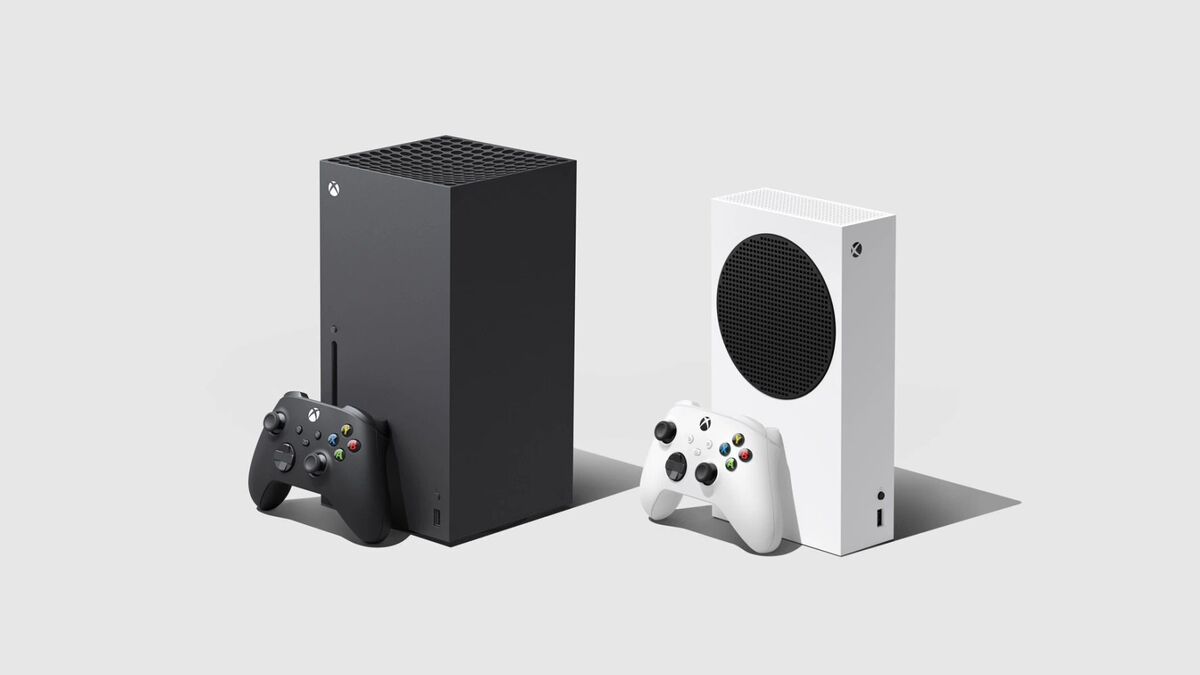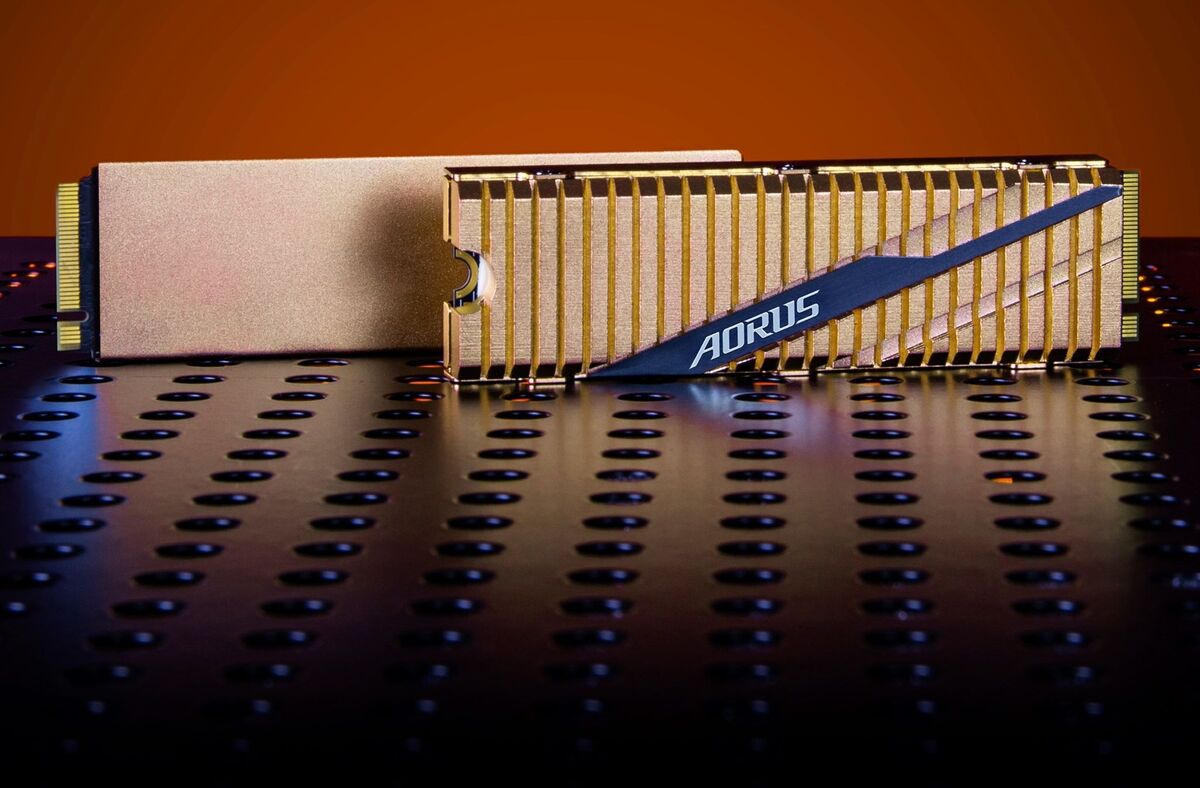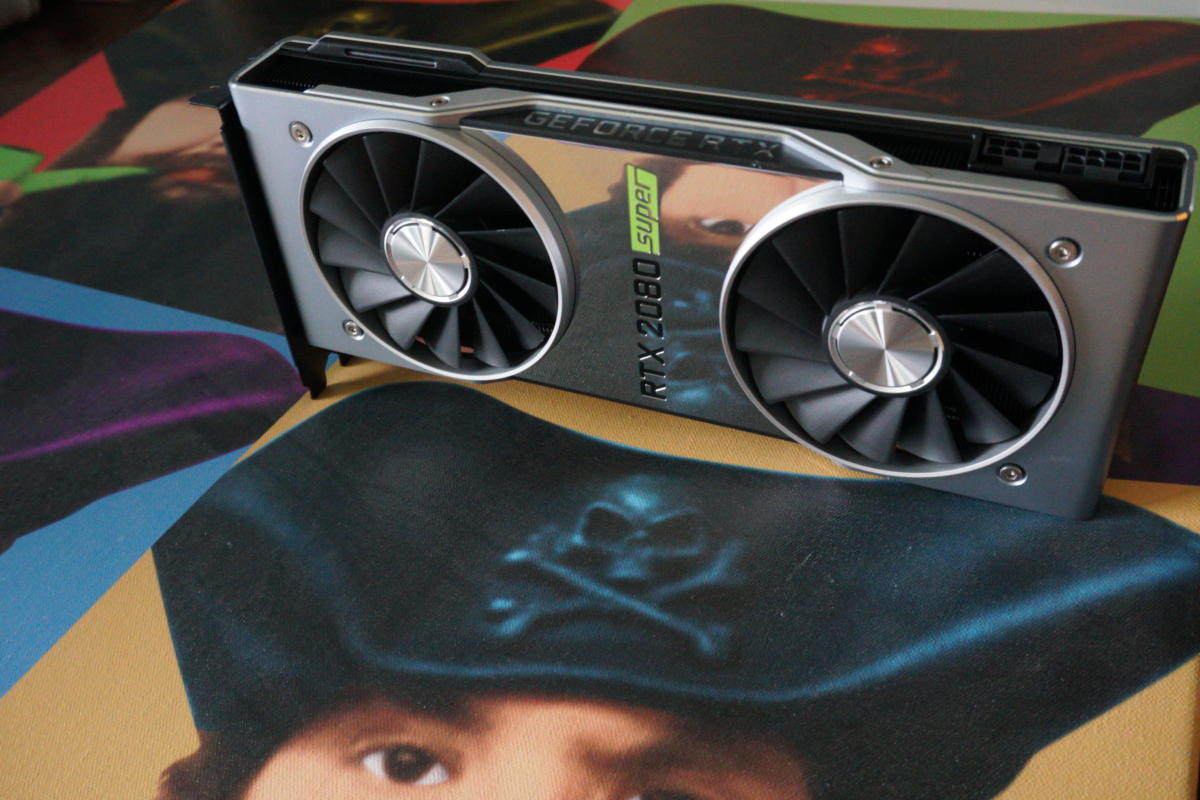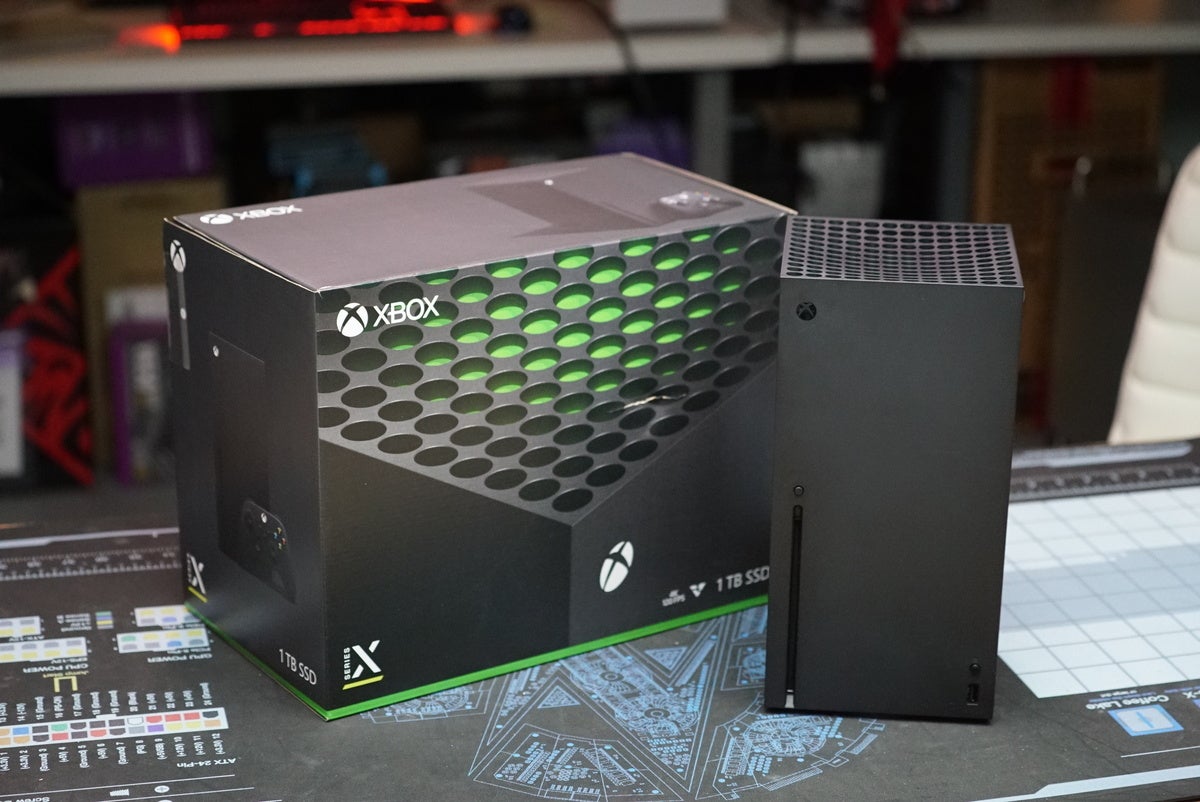Updated
The Xbox Series X delivers exceptional value for the hardware inside, but the battle against gaming PCs isn’t as cut and dry as you may think.
Alaina Yee/IDG
Today’s Best Tech Deals
Picked by PCWorld’s Editors
Top Deals On Great Products
Picked by Techconnect’s Editors
Show More
Are you on the hunt for a totally new gaming machine, only interested in gaming, and want as much raw firepower as possible for your money? Then you might want to consider the $500 Xbox Series X that launched on November 10. There’s no way you can even come close to building a Series X-equivalent PC for anywhere near the $500 price tag of Microsoft’s next-generation console. We tried.
But in the battle of Xbox Series X versus gaming PCs, there’s a lot more to consider than just pricing. Let’s dig in.
Xbox Series X vs. gaming PC specs: Microsoft’s killer value
First, the elephant in the room. For the first year or two after they launch, new gaming consoles tend to offer much more bang-for-buck than comparable gaming PCs, and the Xbox Series X is no exception. It probably puts your gaming rig to shame, and for a comparatively paltry $500.
Microsoft’s console is powered by a custom AMD chip with eight “Zen 2” CPU cores and graphics built using Radeon’s new “RDNA 2” GPU architecture. These parts alone would put you well above a $500 total price for an equivalent PC. The Xbox’s CPU is comparable to a lower-clocked, last-gen Ryzen 7 3700X, which costs around $300. Its 40 RDNA 2 graphics compute units come clocked at 1,815MHz.
Turning to GPUs, the RDNA 2-based Radeon RX 6800 graphics card coming out on November 18 for $579 features 60 CUs at the same clock speed, so the Xbox Series X will probably wind up being roughly on par with something like a step-down Radeon RX 6700. Microsoft’s console performs somewhere in the ballpark of the last-gen RTX 2080 and 2080 Ti, going off early reports.
Add in a blazing-fast PCIe 4.0 SSD, and toss in the ability to play Blu-ray discs, and the Xbox Series X’s hardware value proposition utterly destroys an equivalent gaming PC—and that’s even before you start thinking about the costs of cases, motherboards and whatnot. The most affordable PCIe 4.0 SSDs cost $200.
All told, our first attempt at constructing an Xbox Series X-class PC cost around $1,500. Oof. There’s a reason that Microsoft’s next-gen console convinced my colleague Mark Hachman not to invest in a gaming battlestation.
 Microsoft
MicrosoftMicrosoft’s Xbox Series X and Series S.
The Xbox Series X (and more affordable, less powerful $300 Xbox Series S) also offer some key features you won’t find with Windows computers. Of particular note, Quick Resume stores the play state of multiple games inside the system’s memory, letting you hop back in almost instantly. You’ll probably never find something comparable on a general-purpose PC.
Another nifty tool applies pseudo-HDR to non-HDR games, letting you take fuller advantage of your pricey high-dynamic range TV. (Hopefully that comes to Windows in the future!) And, of course, the dedicated focus of a box designed to simply let you sit on your couch and just play games after work or school shouldn’t be dismissed either. You don’t have to worry about fiddling with driver updates or Blue Screens of Death on an Xbox.
The PC advantage
All that said, the PC isn’t at as big a disadvantage as you might think.
Microsoft has been investing heavily in having your games just work regardless of where you play them, as the owner of both Xbox and Windows. Want to play Gears Tactics on your old Xbox One? The new Xbox Series X? The new, but slightly less capable Xbox Series S? Your gaming PC? Have at it. Your Xbox Live friends will carry over between systems, as well as your achievements and saves in many games.
The fantastic, Netflix-like Xbox Game Pass subscription works across platforms as well, and Microsoft is working to bring DirectStorage—the backbone of the Xbox Series X’s ultra-fast Velocity Architecture storage—to Windows 10 PCs to eradicate game loading times if you have an NVMe SSD installed. The DirectX 12 Ultimate features central to the Series X’s capabilities work on PCs, too, including ray tracing and variable rate shading. (Hell, they originated on PC!)
More importantly, all of the things that make PC gaming a better value than consoles still apply (aside from the price of the new hardware). Buying an Xbox locks you into Microsoft’s closed ecosystem. But on the PC, you can hop between Xbox Game Pass, Steam, the Epic Games Store, Origin, GOG, Ubisoft Connect, Battle.net, various bespoke games like Valorant or League of Legends, and more. And with so much competition, you’ll find great games on awesome discounts, or even given away by the various storefronts—most notably Epic’s weekly freebie. And while Microsoft deserves major props for dedicating so much effort to Xbox’s backwards compatibility push, you can still play decades-old DOS games on your PC if you want.
You don’t have to pay a monthly fee to play online multiplayer games on the PC either—even with Microsoft’s cross-platform Xbox Live games. That crap doesn’t fly on a platform where competition reigns supreme.
You don’t need a whole new gaming PC
The Xbox Series X’s hardware value also dissipates a bit if you view it through a wider lens, given the PC’s advantages. If you’re buying a new system dedicated wholly to gaming, then sure, Microsoft’s console is cheaper than a gaming PC. But you can do a lot more than game on a computer—you can do your taxes, email friends, shop online, edit videos, make music, juggle spreadsheets, and an infinite assortment of other tasks. If you need hardware for work and play, that needs to be accounted for.
 Gigabyte Aorus
Gigabyte Aorus Welcome (finally) to the SSD life, console gamers. It’s pretty spectacular here.
And if you already have a decent, relatively modern PC, you don’t need to try to mirror the loadout of an Xbox Series X from scratch. Expandability and upgrades remain a core PC tenet. The new consoles run laps around their predecessors, but a lot of that improved performance comes from the Xbox Series X leaping from slow 5,400RPM hard drives to an SSD, and from ancient, slow-even-at-the-time AMD Jaguar CPU cores to modern, kick-ass AMD Ryzen processors. They’re catching up with any gaming PC built in the last five years, in other words.
But if your PC already has a decent CPU and an SSD, all you need to do to match the Xbox Series X’s power is swap in an equivalent graphics card. Here’s the tricky part, but only due to timing. Microsoft’s console pumps out frames roughly on par with a GeForce RTX 2080—a GPU that costs $800. But we’re in the midst of generational GPU upgrades, too. The $500 GeForce RTX 3070 already matches the performance of the former $1,200 RTX 2080 Ti flagship for under half the cost. In a month or three, I expect we’ll see a GeForce RTX 3060 and/or AMD Radeon RX 6700 that roughly equal RTX 2080 (and Xbox Series X) performance for around $400. Numerous leaks of a GeForce RTX 3060 Ti have already popped up online.
 Brad Chacos/IDG
Brad Chacos/IDGThe Xbox Series X and PlayStation 5 are only just now catching up to the performance of last-generation graphics cards like the GeForce RTX 2080 Super.
Assuming those anticipated graphics cards materialize, that means you can upgrade your existing gaming PC to Xbox Series X-like performance for significantly less than the price of Microsoft’s new console. A standard SSD should work just fine for gaming for the foreseeable future, and if Microsoft’s DirectStorage technology winds up being a game-changer, you could always upgrade to an NVMe SSD to tap into those faster loading times at some point down the road. Upgradability is a wonderful thing.
So, yes: If you already have a laptop or old desktop to handle work, like my colleague Mark Hachman does, and you’re looking to buy a complete new system solely for gaming, the Xbox Series X delivers exceptional value. But if you’ve already got a relatively modern computer and simply want to play the latest games at good frame rates with all the eye candy turned on, take advantage of the PC’s flexibility and just slap a new graphics card in it when you’re able. You’ll get the same experience in games as you would with Microsoft’s new console, as well as all the other benefits the PC platform offers, including a larger catalog of games.
In the battle of the Xbox Series X versus gaming PCs, the winner depends on what you need. Now we just need Microsoft to make an Xbox gaming laptop to bridge the two worlds.
Editor’s note: This article originally published on November 6, 2020, but was updated on November 13 to mention numerous RTX 3060 Ti leaks and that the Xbox Series X has now launched.
Note: When you purchase something after clicking links in our articles, we may earn a small commission. Read our affiliate link policy for more details.
Senior editor Brad Chacos covers gaming and graphics for PCWorld, and runs the morning news desk for PCWorld, Macworld, Greenbot, and TechHive. He tweets too.


